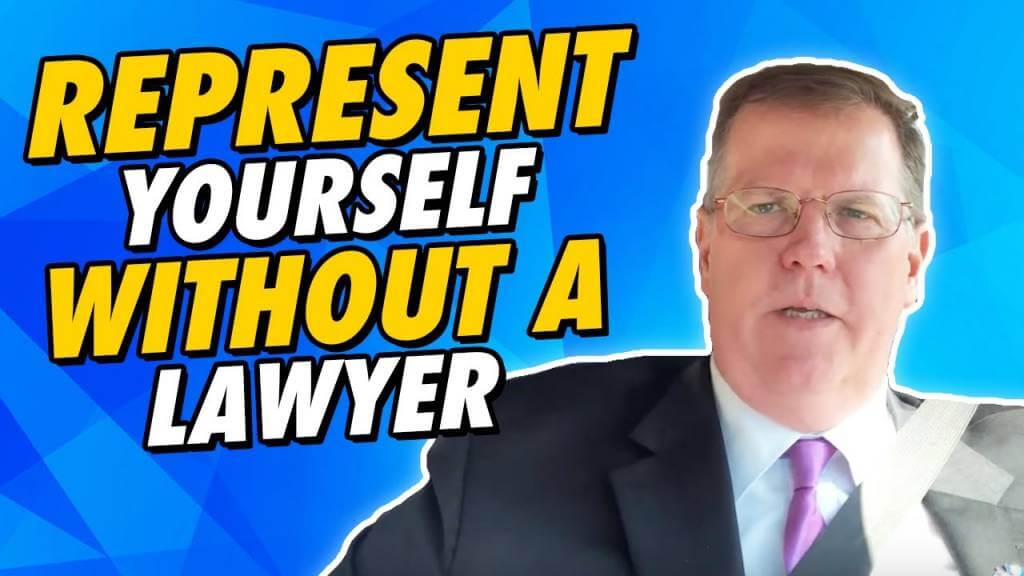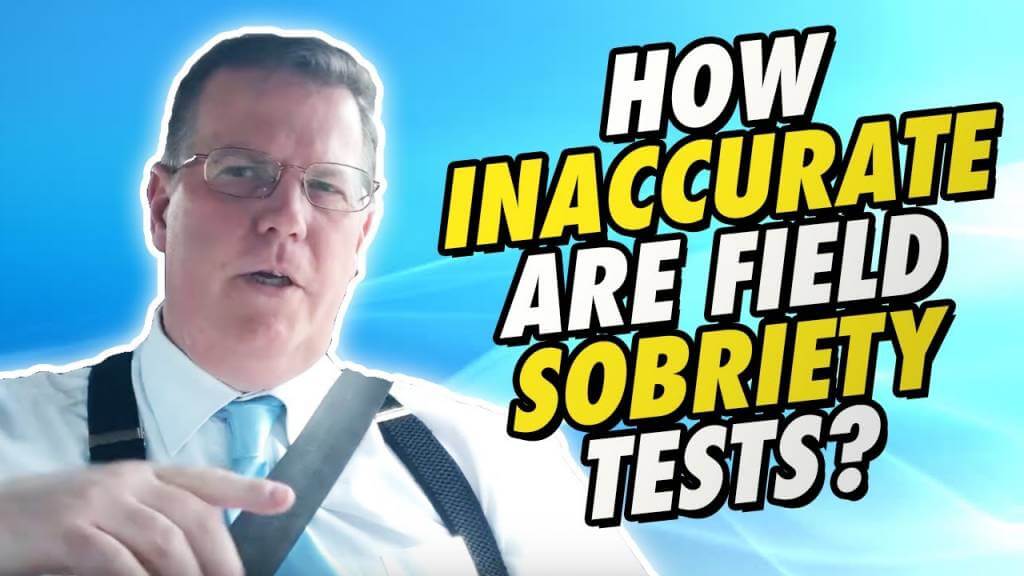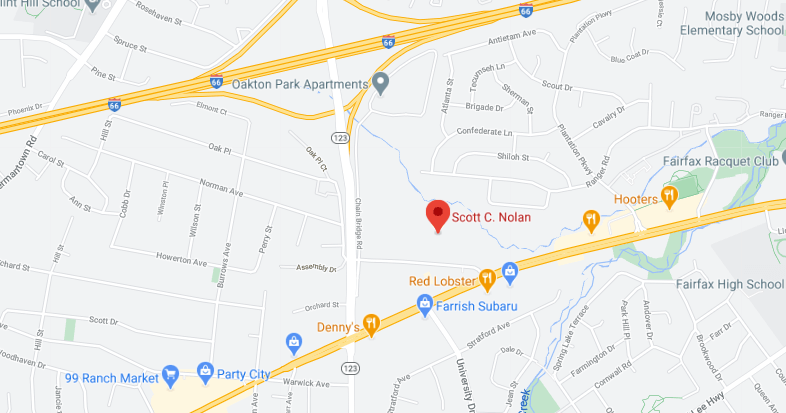
The Police Didn’t Read Me My Miranda Rights!
“You have the right to remain silent.” Its part of every police arrest on television or in the movies. But it’s rarely part of an arrest in the real world. Why not?
The Miranda Rights
I’m Northern Virginia Criminal Defense Attorney Scott Nolan, and I’m going to tell you about your Miranda Rights. The Miranda Rights, as they’ve come to be known, come from the Supreme Court case of Miranda versus Arizona. They basically include the following four things:
- “You have the right to remain silent.”
- “Anything you say can and will be used against you in a court of law.”
- “You have the right to speak to an attorney, and to have an attorney present during any questioning.”
- “If you cannot afford an attorney, one will be provided for you at government expense.”
What you must know about the Miranda Rights
Ever since we were little kids, we’ve heard the Miranda Rights every time we watched a police show. The thing that many people miss is that it only comes in to play when the police are going to question you. And only if they question you after they have arrested you.
This is why most police questioning occurs before you are arrested. “Hello Sir, do you know why I have pulled you over?” “Ma’am, how much have you had to drink?” All of those are questions the police can ask without reading you your Miranda Rights because you’re not under arrest. So, that’s the most important thing to know.
Be sure to exercise your right to remain silent
You have the right to remain silent at all times, but the police only have to tell you that you have that right when they are going to question you after they have arrested you. So be sure to exercise that right to remain silent before, during, and after the arrest. Just don’t talk.
I’m often asked, “Well, can the police put me in handcuffs and not read me my Miranda Rights?” And the answer is absolutely. They can put you in cuffs and arrest you and charge and convict you without ever reading you your Miranda Rights. If they don’t question you, they are okay.
The power of the Miranda Rights
Now, if the police do cuff you and do question you and don’t read you your Miranda Rights, then the odds are pretty good that the judge is not going to allow anything you told them to be used as evidence. This doesn’t necessarily mean that your case will be thrown out, but it does mean that your statements cannot be used against you.
The original case
In the original case, Miranda versus Arizona, Miranda had admitted to kidnapping and sexual assault. The police had him sign a piece of paper saying that he knew what his rights were. But they never told him that he had the right to remain silent. They also never told him that he had a right to an attorney, and the Supreme Court decided that this was unfair.
They decided that in order to question somebody after they have been arrested, you had to inform them of those basic rights, and it’s been part of police procedure ever since. So if you’ve been arrested and questioned and not read your rights, talk to an attorney. If you’ve been arrested and not read your rights, but there was no questioning, it’s the way it goes.
I hope this answers some questions. If you have more questions about this or any other legal matters, please feel free to contact me. I’ll be happy to talk with you about it.











